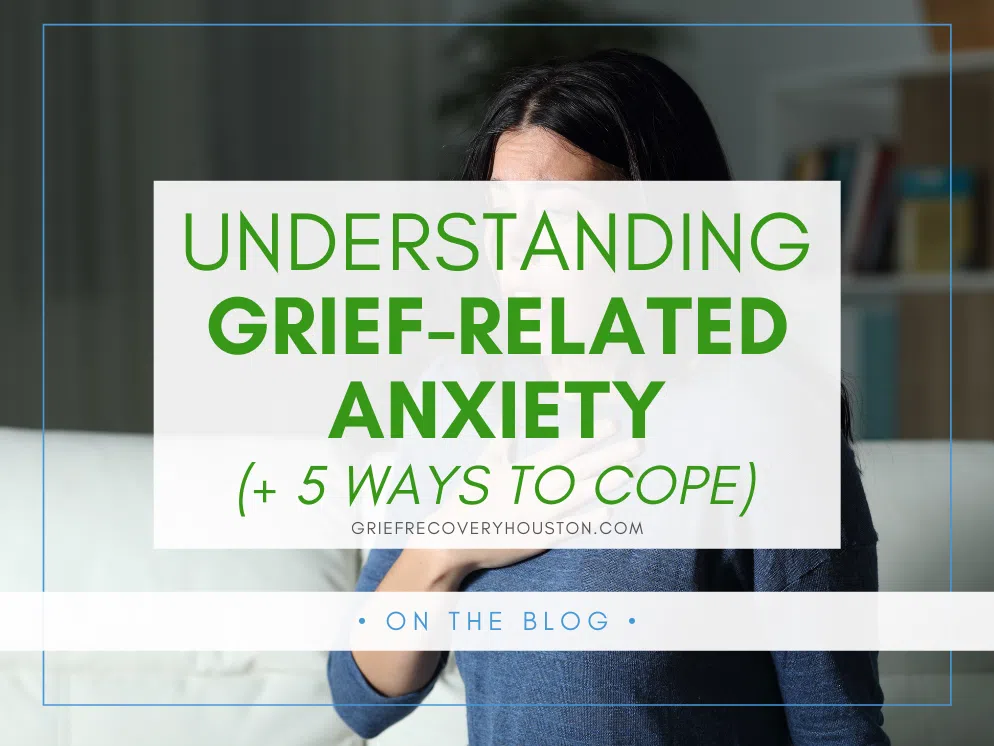- Unpacking Grief and Disability - July 8, 2024
- Breaking the Stigma: 5 Blogs to Better Understand Suicide - May 21, 2024
- 4 Tips for Better Sleep Hygiene - March 4, 2024
As we’ve discussed, anxiety doesn’t just affect our emotions. But along with emotional and physical impacts on our lives, anxiety can also affect the significant relationships in our lives.
First, a recap: what is anxiety?
Anxiety isn’t the same thing as the feeling of worry. Where worrying serves a function (letting us know something is not right, boosted attention, increased empathy, etc.) anxiety prevents us from being able to tune into what our intuition, or “gut feelings” are telling us, because it leaves us always on high alert.
This sort of ever present anxiety can have a significant impact on your relationships in a number of ways.
As a reaction to the anxiety, individuals in relationships often overcompensate for whatever it is their anxiety is warning them about. Typically it is some sort of fear, such as:
- Fear their partner will lose interest in them
- That they are not a worthy partner
- Fear that they are not “wired” for a healthy relationship
- That their partner is lying to them
- Fear or pressure to be “perfect” at all times in order to deserve a partner
- Etc.
 While it’s of course normal to have a degree of nervousness at the start of a new relationship, if that feeling doesn’t settle as you grow familiar with one another, but rather grows, there may be a larger issue at play. Likely it is not just butterflies or nervousness, but anxiety preventing you from feeling comfortable in being vulnerable.
While it’s of course normal to have a degree of nervousness at the start of a new relationship, if that feeling doesn’t settle as you grow familiar with one another, but rather grows, there may be a larger issue at play. Likely it is not just butterflies or nervousness, but anxiety preventing you from feeling comfortable in being vulnerable.
These feelings of anxiety and fear can lead to behaviors such as:
1). Overdependence
This is when you are overly dependent on your partner. You’re no longer able to find balance or grounding or calm within yourself. You require your partner’s assurance and emotional support for every action, no matter how small. Making decisions seems impossible without your partner.
2). Avoidance
Avoidance can be internal or external. With internal avoidance, you may avoid negative emotions, never expressing to yourself or your partner when you are upset. You may also externalize this avoidance–instead of recognizing that there is an unmet need within yourself, you may just chalk it up to your partner being the problem. You might avoid serious conversations with them, or you might avoid them altogether.
So, what can you do about it?
Read: 4 Things to Do When Your Anxiety Feels Too Big
The first thing to do is to be open with your partner.
If you haven’t had a conversation about mental health, it can be scary, but it can also bring you closer together. Start by letting them know that you trust them, which is why you’re choosing to share this part of yourself with them. Letting them know that you are sharing to strengthen the relationship, rather than to accuse or blame helps the conversation stay open and productive.
Joining a support group for anxiety can provide a safe and supportive environment where members can share their experiences and feelings with others who understand and can relate to what they are going through. By connecting with people who are facing similar challenges, individuals can gain insight and learn valuable coping strategies that they may not have discovered on their own.
Let them know about your relationship with anxiety. It might be helpful if beforehand you take some time to do some reflection on your own, to help pinpoint specific instances in which your anxiety has been triggered in the relationship. Explain to them the feelings you had in that situation, why it led you to react how you did. Then, let them know how you would like to handle those sorts of situations in the future, together.
Just making them aware and letting them know simple ways they can help can make a huge difference.
The next step is to find, or expand, on the healthy coping mechanisms you have in place to deal with your anxiety.
What helps to ground you when you’re feeling anxious? Make a list of things that help you that you can refer to when you are feeling anxious. Having your own coping skills in place helps you learn to take care of yourself and come into the relationship as the best version of yourself, as well as decreases the dependency you may have on your partner.
Need more help with anxiety management? Grief Recovery Center in Houston, TX can help. You can reach us at (832) 413-2410 or by filling out the form on our website. Take the time to speak with one of our licensed counselors today.
Grief can be an overwhelming experience filled with difficult emotions. When facing those challenges it can be helpful to heal in a healthy way. Our article on understanding grief-related anxiety provides tips for emotionally coping with grief.






No comments yet.